It is the long-lasting mission of Western Bainoona Group to stay up to date with the evolutions and demands of the aggregates market. We catch up with CEO, Martin McGinty, about the company’s latest projects and focus on sustainability.
PUSHING AGGREGATE BOUNDARIES
Over the past 18 months, the Middle Eastern construction industry has continued to implement greener practices.
The aggregates sector in particular has felt a pressure to provide more sustainable options across its operations, such as recycled aggregate materials.
“Many countries are investing in infrastructure, and there is also a greater demand for aggregates, especially for large-scale construction projects including roads, bridges, and housing,” introduces Martin McGinty, CEO of Western Bainoona Group (WBG), an industry-leading provider in the construction, land transportation, and crusher markets.
Since last speaking to the company in mid-2023, supply chain issues have also continued to affect the availability of machinery, transportation, and other logistics technicalities.
However, WBG has worked hard to increase and improve logistical construction efficiencies to mitigate these disruptions.
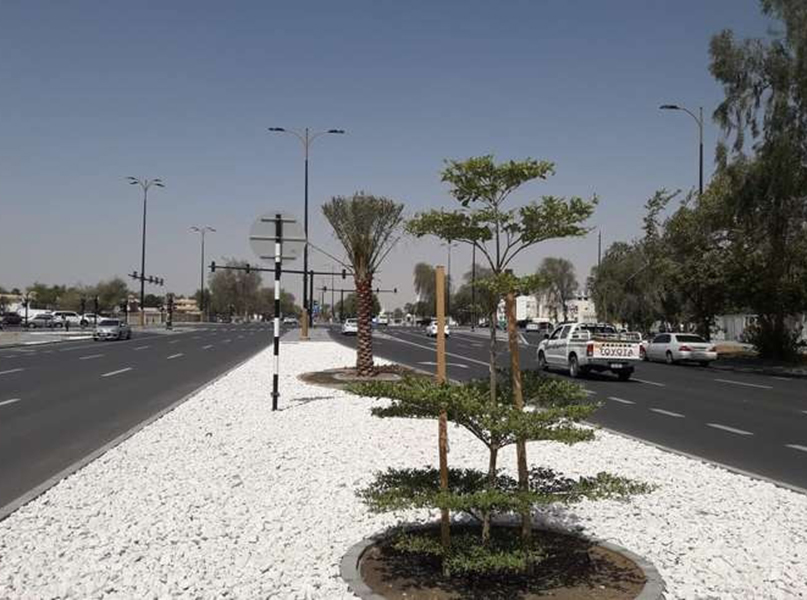
CUTTING-EDGE INVESTMENTS
Over the past 16 months, WBG has been awarded a multitude of private and public infrastructure projects, which has resulted in increased demand for the production and delivery of aggregates, ultimately leading to a significant spike in the company’s revenue.
“To keep up with increased demand, WBG has invested in new quarries, production plants, and distribution centres.
“Expanding our production capacity through new facilities and modernising existing ones with advanced equipment has helped our operational and production capacity,” McGinty highlights.
Indeed, the company’s investment in cutting-edge machinery and equipment has significantly improved the efficiency, safety, and environmental performance of its aggregates and infrastructure works.
By adopting automation, digital technologies, and sustainable practices, WBG has been able to boost production, reduce operational costs, and meet the growing demands of large-scale infrastructure projects whilst staying competitive in a dynamic marketplace.
“These innovations not only contribute to operational excellence but also ensure long-term sustainability and growth for the company,” he adds.
WBG’s continued evolution is also granted by its vast network of supply chain operations that form the backbone of the company’s ability to deliver high-quality materials and services for infrastructure projects.
Therefore, by maintaining strong relationships with both international and local vendors, WBG ensures that it has access to the best equipment, materials, and technology, whilst mitigating potential risks from supply chain disruptions.
“These partnerships are crucial to the company’s long-term success, enabling it to remain competitive, innovative, and responsive to the demands of a dynamic and rapidly evolving industry,” McGinty affirms.
“Electric trucks can be a valuable investment for companies aiming for eco-friendly operations and long-term cost savings”
Martin McGinty, CEO, Western Bainoona Group
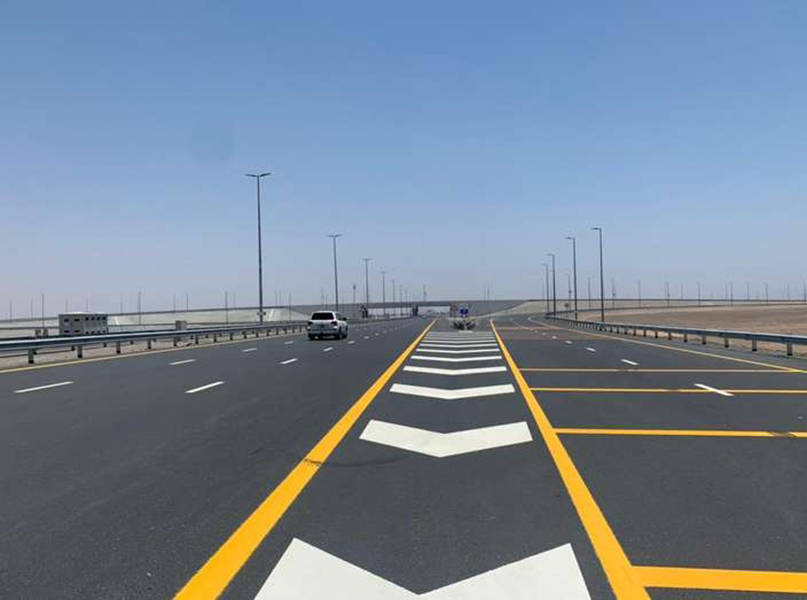
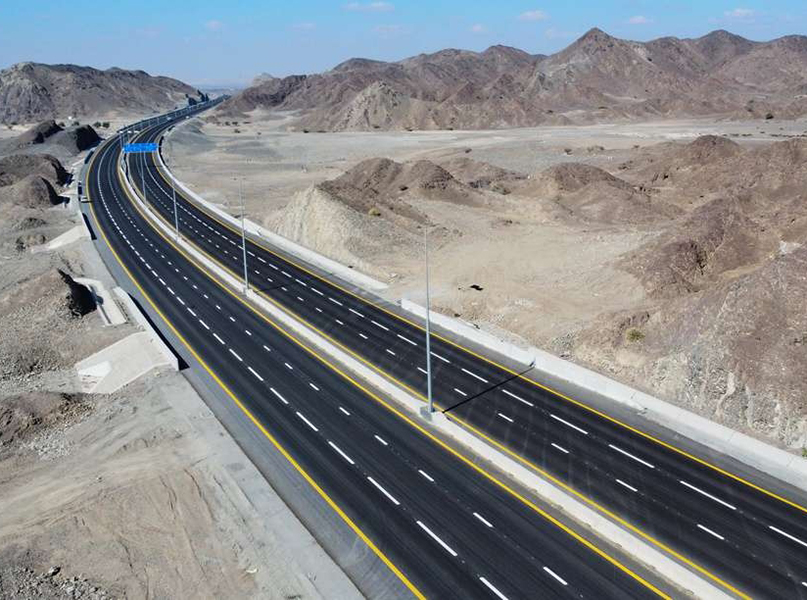
FLEET ELECTRIFICATION
One of WBG’s long-term goals is to integrate electric vehicles (EVs) into its fleet for transporting aggregates, corresponding with the aims of the wider construction industry.
However, the implementation of this sustainable technology offers both substantial advantages and challenges for the company, as well as the aggregates sector at large.
Regarding the former, EVs have considerably lower operation costs thanks to the fact electricity is far cheaper than diesel, and electric-powered trucks require less maintenance due to having fewer moving parts.
Additionally, EV trucks use regenerative braking that not only recharges the battery but also extends brake durability in the long run.
“These vehicles are also powerful enough to tackle steep inclines and heavy loads, making them suitable for demanding construction tasks,” McGinty points out.
On the other hand, electric trucks also present certain limitations. The shorter driving range, for example, makes the vehicles less suitable for long-distance journeys.
They also require extra time for charging, leading to extended potential downtimes, whilst the need for specialised charging infrastructure and high upfront costs require significant initial investment.
Moreover, the warm weather often found in the United Arab Emirates (UAE) can impact the fleet’s battery performance, which can be affected by high temperatures and lead to overheating.
From a supplier perspective, the industry-wide adoption of electric trucks is still in its early stages.
“Establishing standardised practices with suppliers and dealers through in-depth discussions is therefore crucial for a smoother and more reliable integration process,” McGinty insights.
Although thorough trials of electric trucks have been conducted previously, additional real-world testing on construction sites is essential to fully assess their capability and effectiveness in challenging environments such as the UAE.
“In summary, electric trucks can be a valuable investment for companies aiming for eco-friendly operations and long-term cost savings.
“However, it is important to carefully consider these sustainability benefits alongside the practical limitations to determine if they align well with the specific requirements of construction projects,” McGinty reflects.
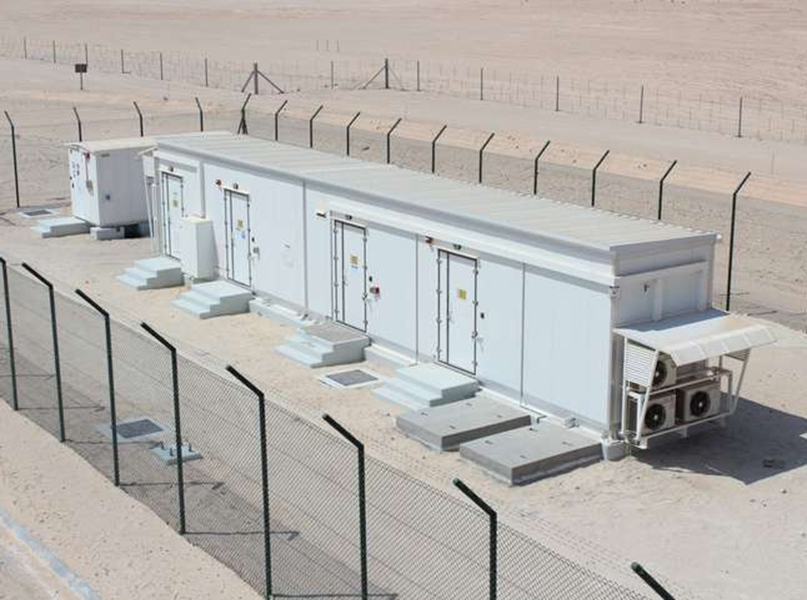
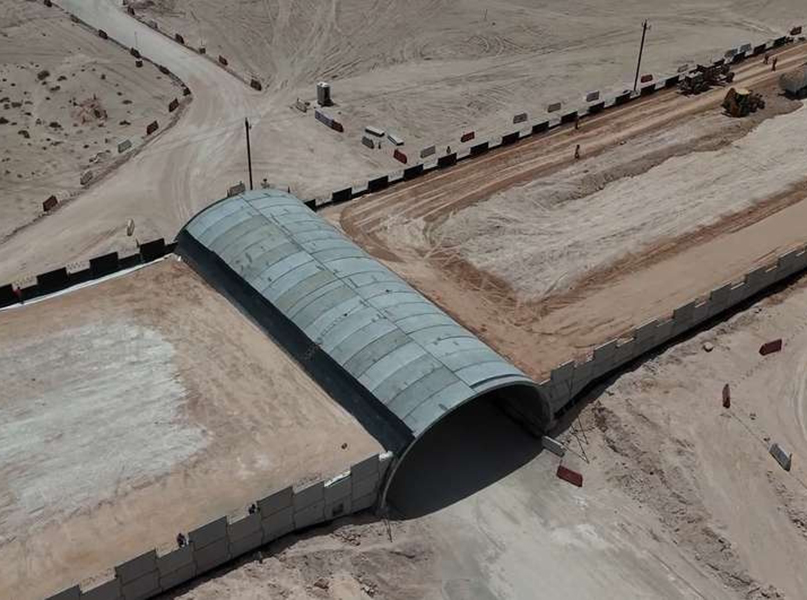
NORTHERN RUNWAY REHABILITATION
WBG’s most recent projects include the Northern Runway Rehabilitation at Abu Dhabi Airport, which delivered a series of significant advancements.
Beyond the reinforcement and resurfacing of the runway with 210,000 tonnes of asphalt to ensure durability and resilience, the project also saw major technological advancements.
These included a new redundant ground visibility monitoring system for enhanced safety, a cutting-edge instrument landing system (ILS) for improved operational precision, and the replacement of over 1,200 energy-intensive halogen airfield lights with environmentally-friendly LED technology.
On top of this, the company is currently completing the design and construction of the Ras Ghumais Road Project on the Saudi Arabia border.
“This has been a key project for WBG in 2024, and the aggregates industry has played a major role in the operation due to the scope of work.”
The project consists of a number of construction works, including 30 kilometres (km) of carriageway, comprising three lanes with a width of 3.65 metres (m), an outer shoulder of 1.2m, and a median width of 5m.
It also includes a highway interchange with the E11 – the longest road in the UAE – designed to cater for a dual carriageway with a maximum speed of 80km per hour.
WBG is additionally constructing a bridge with a roundabout and local connecting roads, as well as an additional truck lane from the E11 to the new bridge.
“To benefit this project, WBG has installed a dedicated asphalt plant, which consumes vast amounts of aggregates,” McGinty informs.
“Those that prioritise sustainability, digitalisation, and local sourcing will be well positioned to succeed in this evolving landscape”
Martin McGinty, CEO, Western Bainoona Group
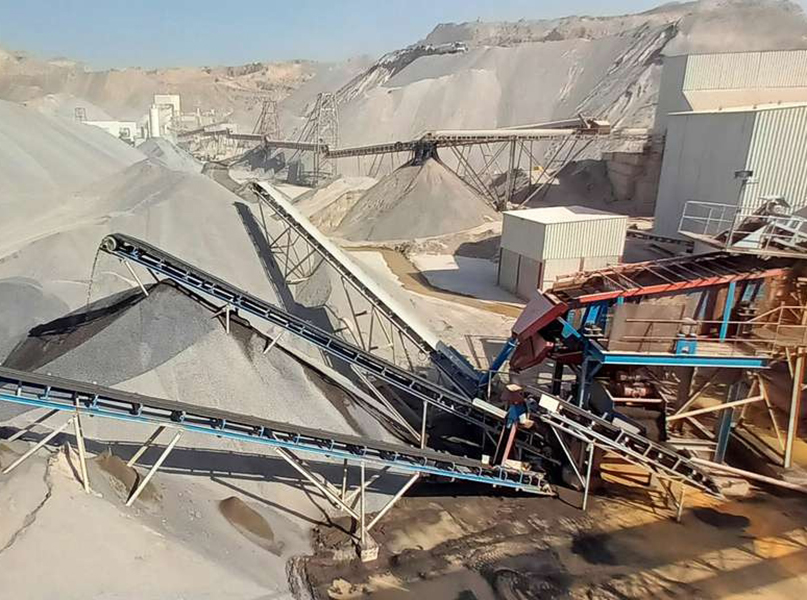
CONSTRUCTIVE GROWTH
The Middle Eastern aggregates sector is set for continued growth, driven by infrastructure megaprojects, an increased focus on sustainability, and the adoption of cutting-edge technologies.
As a result, the next 12 months will see more regional collaboration, greener construction practices, and enhanced supply chain resilience.
“Companies will face competition and pricing pressures that will require them to innovate and optimise their operations,” comments McGinty.
“Those that prioritise sustainability, digitalisation, and local sourcing will be well positioned to succeed in this evolving landscape.”
Accordingly, WBG’s key priorities for the next year centre around sustainability, technology implementation, operational efficiency, and growth through market expansion and diversification.
The company’s environmental strategy will be guided by specific targets such as carbon emissions reduction, improving environmental, social, and governance (ESG) reporting, increasing the use of recycled materials, and enhancing employee development.
“By focusing on these areas, WBG aims to position itself as a leader in the aggregates and infrastructure construction sectors, capitalising on growth opportunities while staying ahead of the market and environmental trends,” McGinty concludes.


























